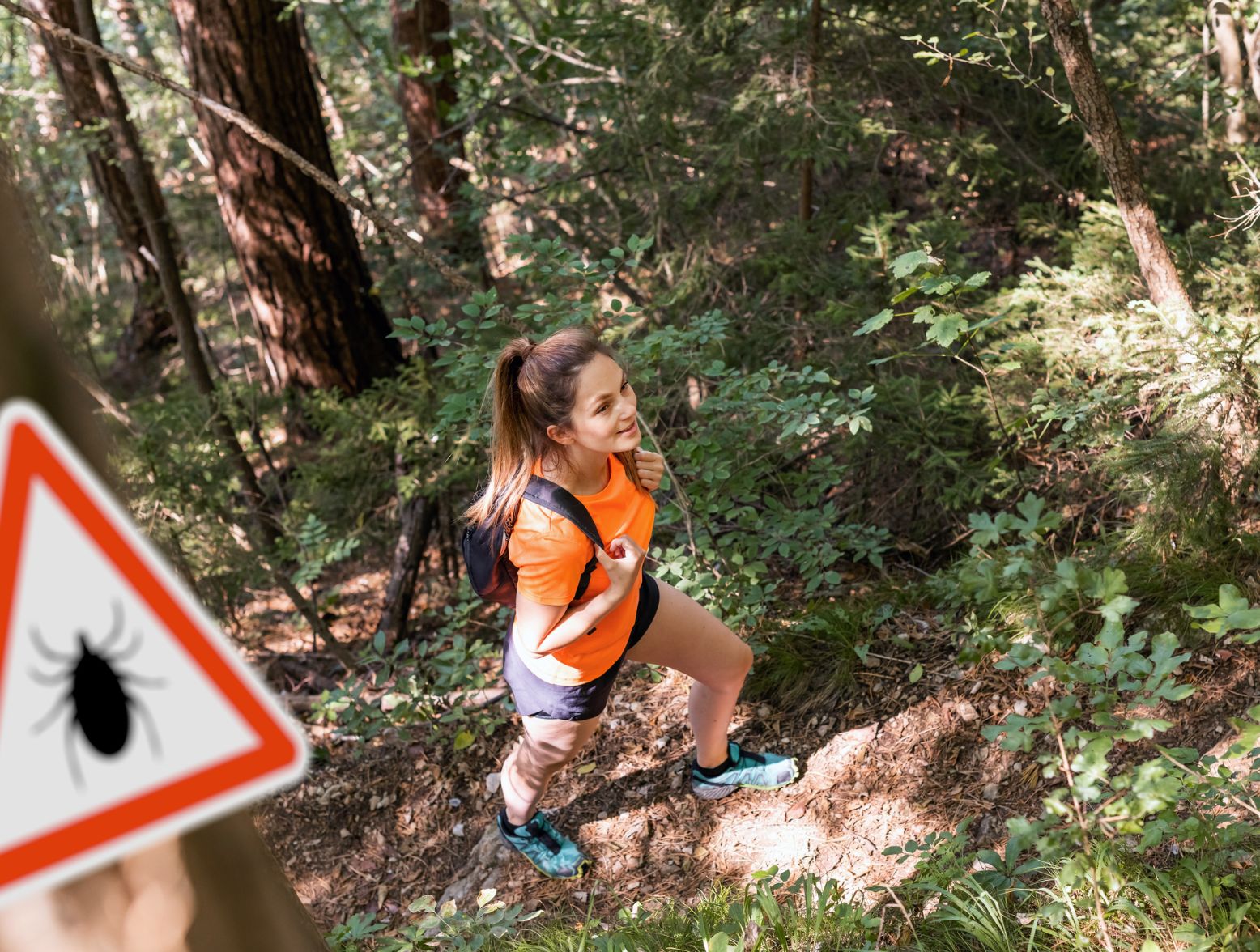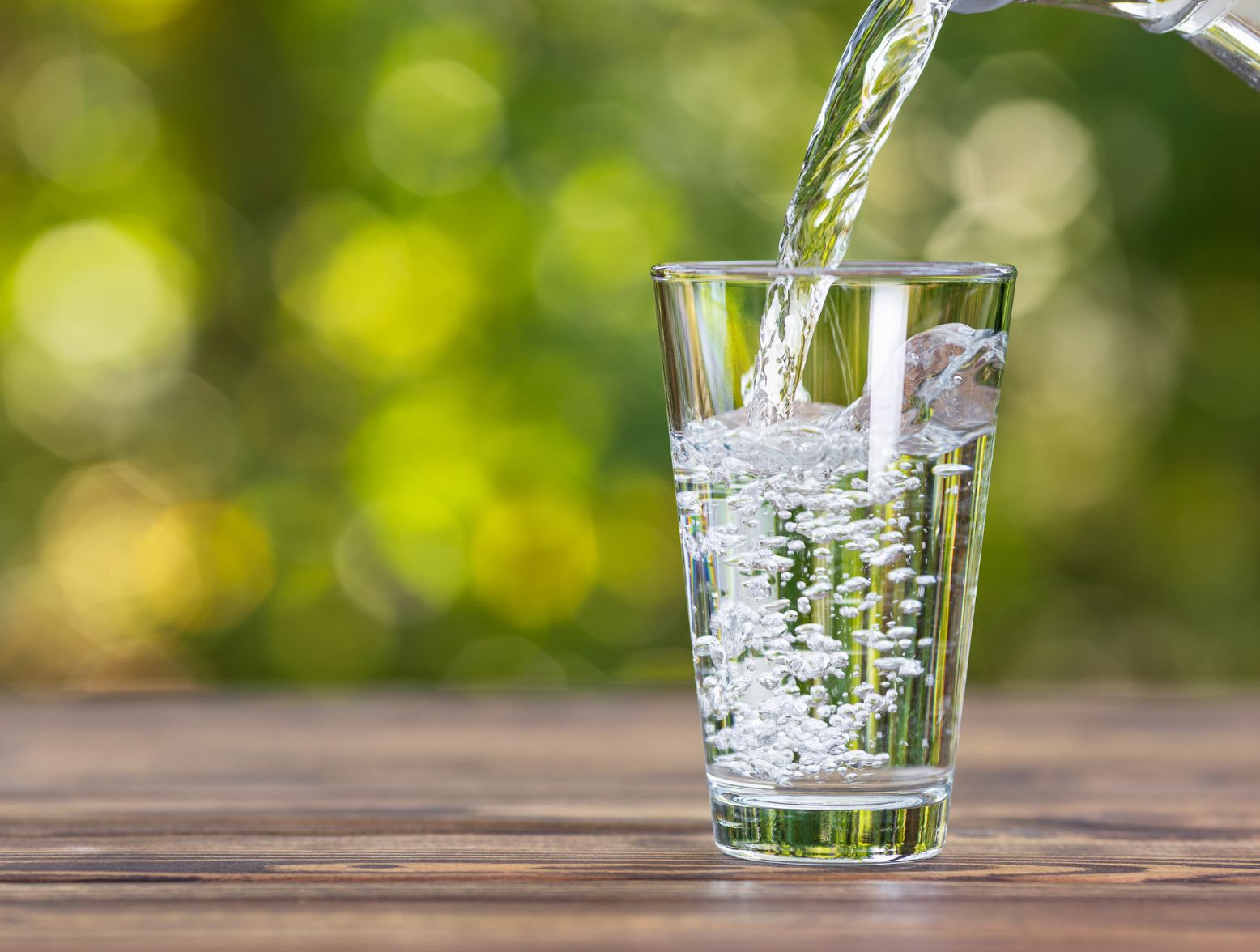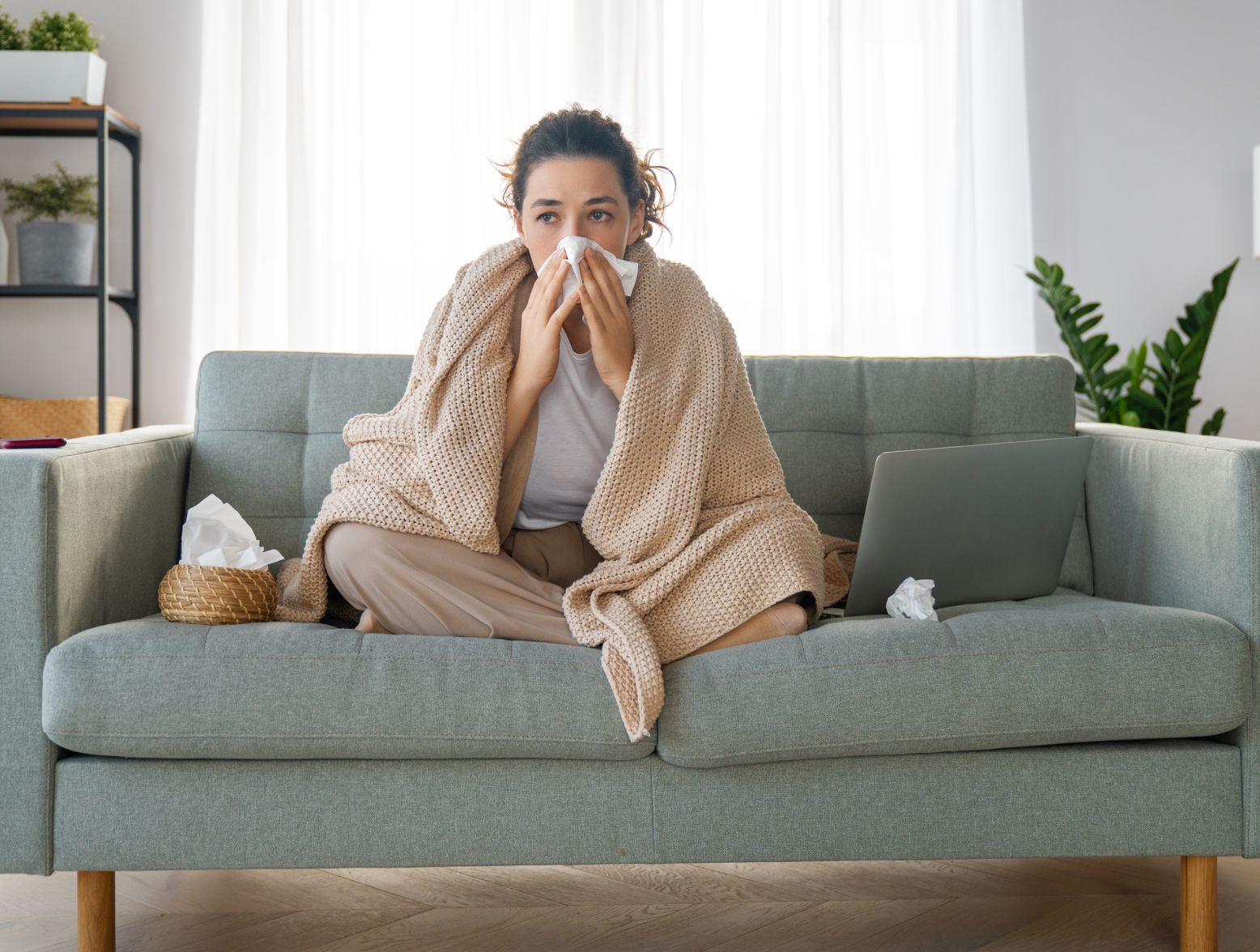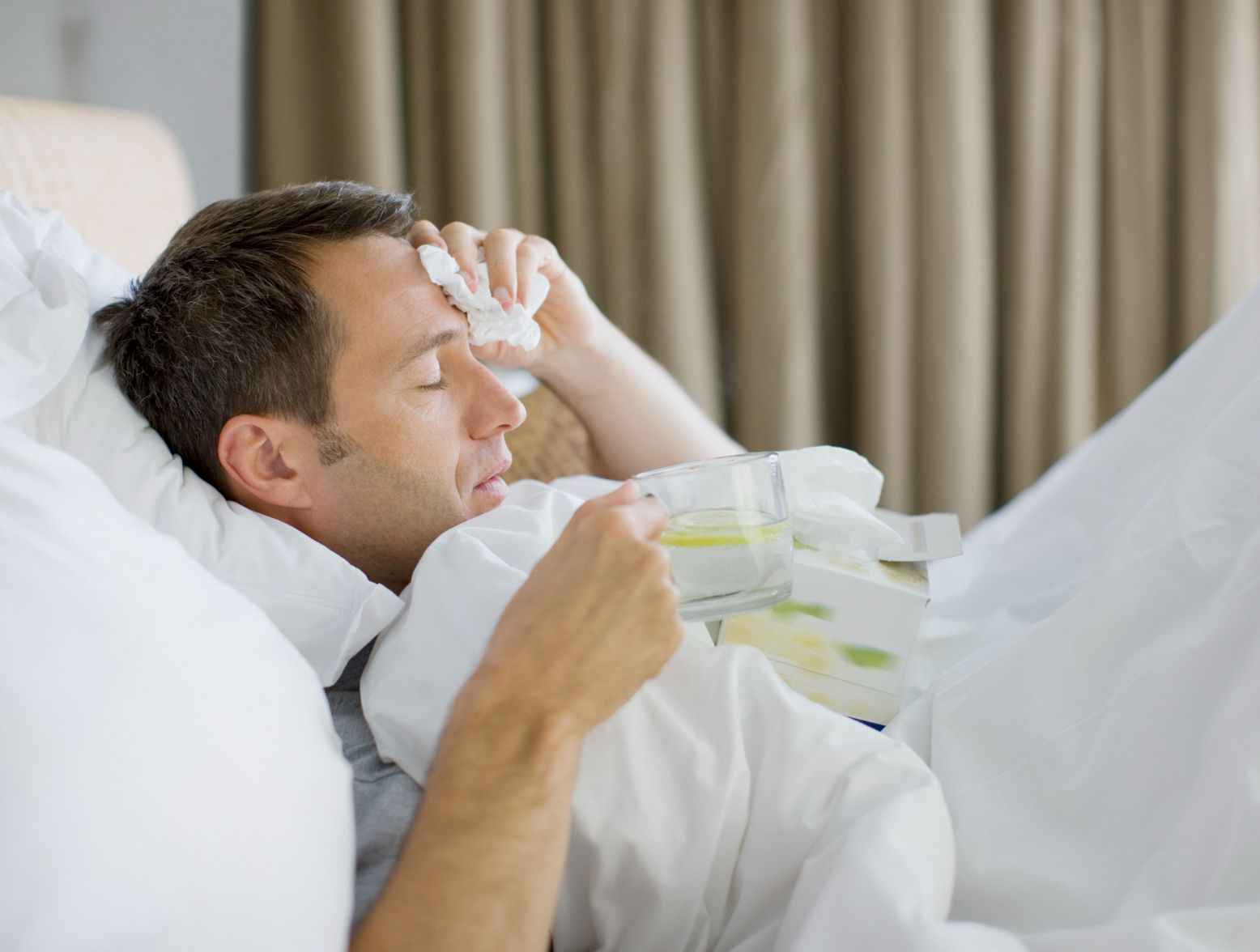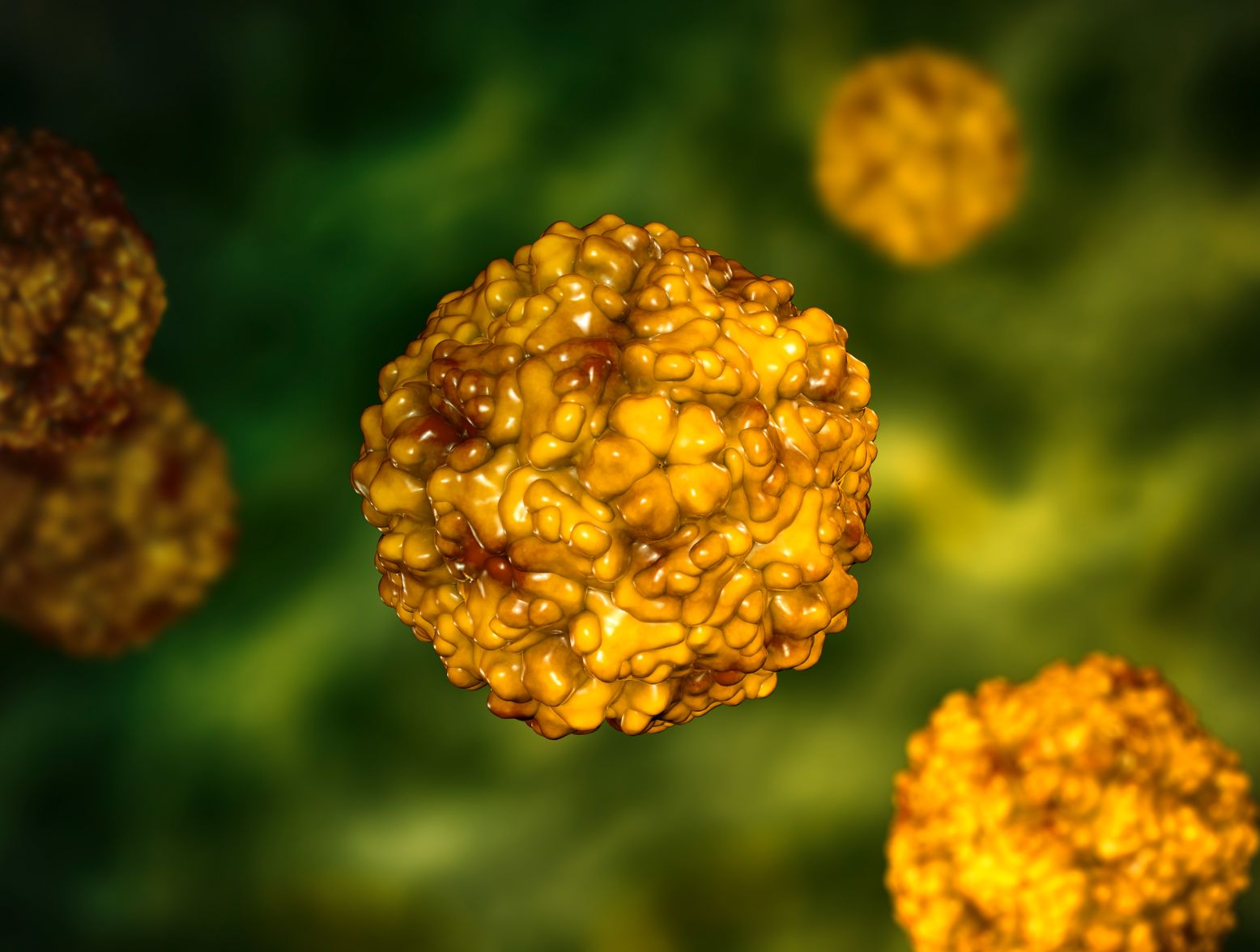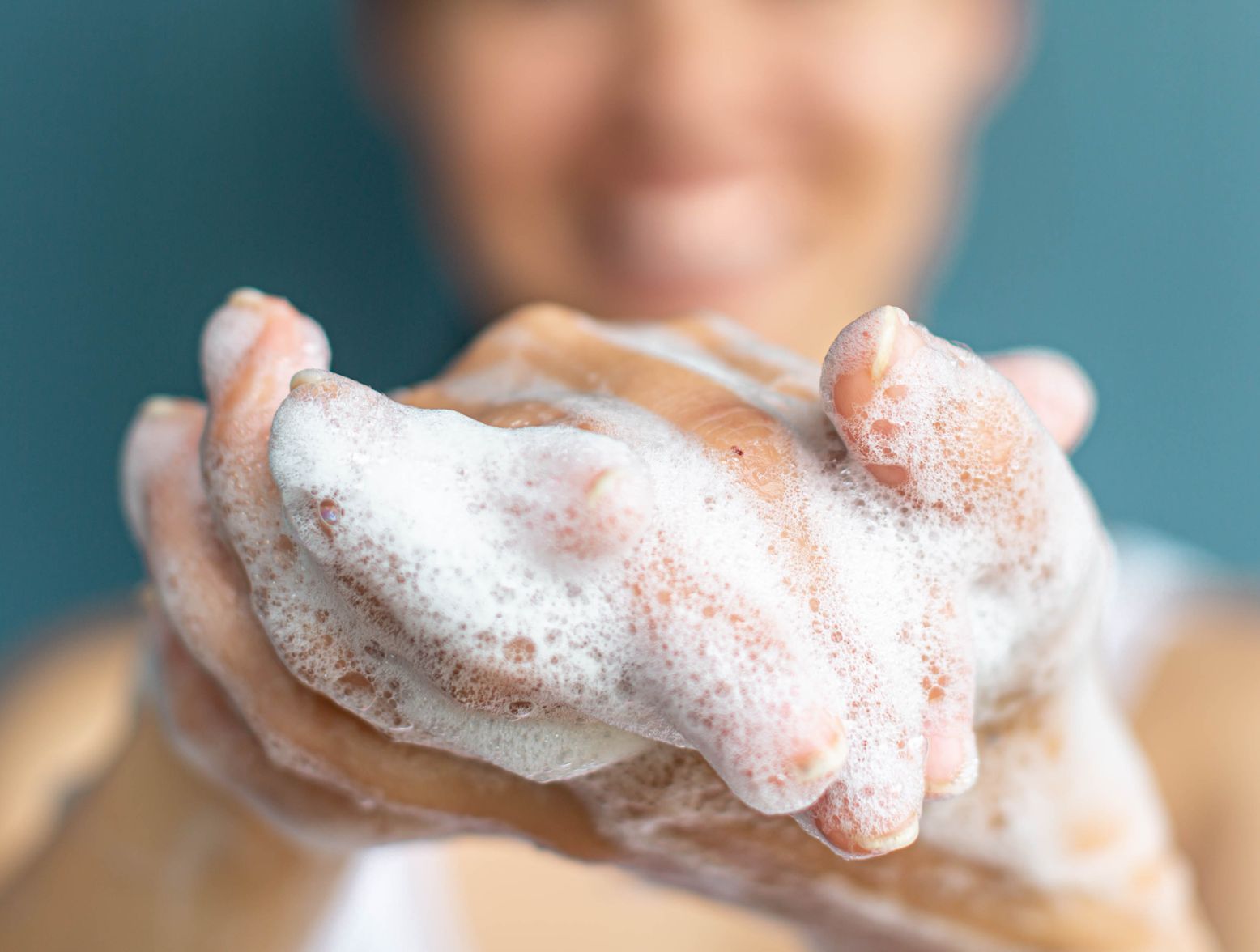Mayflies At Cedar Point – Fishfly Frenzy
Summer’s here and that means a trip to Cedar Point, right? Is it extra when you have to deal with mayflies at Cedar Point (shouldn’t we technically call them “Millenium Force Fishflies? – or maybe you can go with Blue Streak bugs?). Anyway – let’s focus on the bugs in line for a roller coaster (no cutting by the way, dudes).
Mayflies at Cedar Point – The Video
Just minding your own business standing in line to get on your favorite ride when this happens (watch the one young lady executing the karate kick to get rid of them):
Here’s more video (some NSFW language)
So what would YOU do when dealing with Mayflies at Cedar Point…or anywhere else? I’ve seen a couple of suggestions – one person told me to put out yellow lights instead of white lights for exterior lighting (so I need seasonal lights? Nahh).

It’s their mating season – maybe the mayflies at Cedar Point were simply out on a date (I’m probably giving them too much credit, right?). Or maybe it’s just time to embrace the bugs like our buddy did with his Pure Michigan parody:
Renaming Mayflies at Cedar Point – Marketing Exercise
I thought it’d be fun to come up with a couple new names for these bugs that would help relating to them:
1. Cedar Crunchers: These mayflies at Cedar Point have a taste for adventure, crunching on the fun and excitement. (sounds like an ad, doesn’t it?)
2. Coaster Commanders: Flying high above the coasters, these mayflies take command of the skies at Cedar Point, adding an extra thrill to the park experience.
3. Point Pilots: Guiding their way through the park’s attractions, these mayflies are the true pilots of Cedar Point, weaving between rides and delighting visitors who enjoy doing a karate kick (see video to understand that reference)
4. Thrill Thrashers: Seeking the ultimate thrill, these mayflies thrash through the air at Cedar Point, joining in on the adrenaline rush of the park’s rides.
5. Flyer Fantastics: With wings spread wide, these mayflies create a fantastic sight at Cedar Point, adding a touch of magic to the park’s atmosphere.


